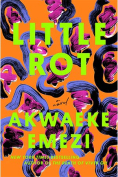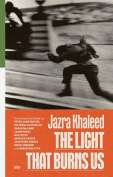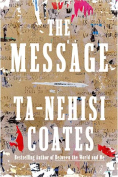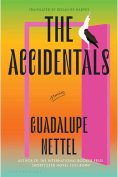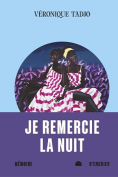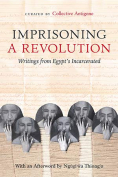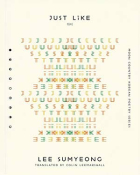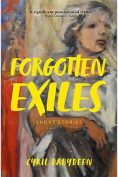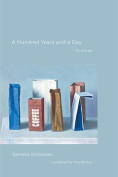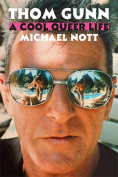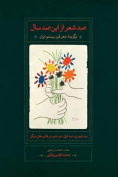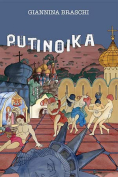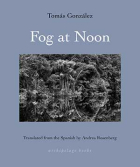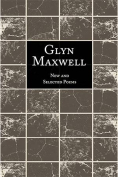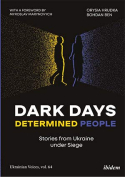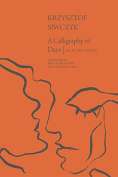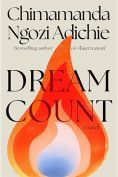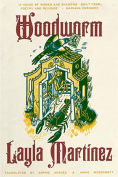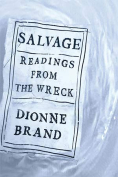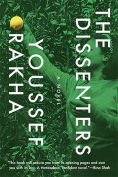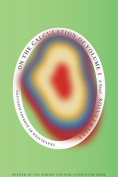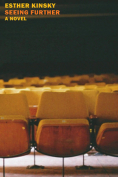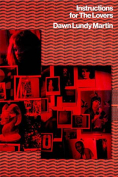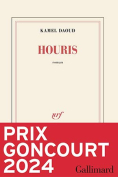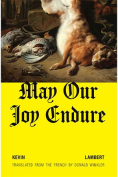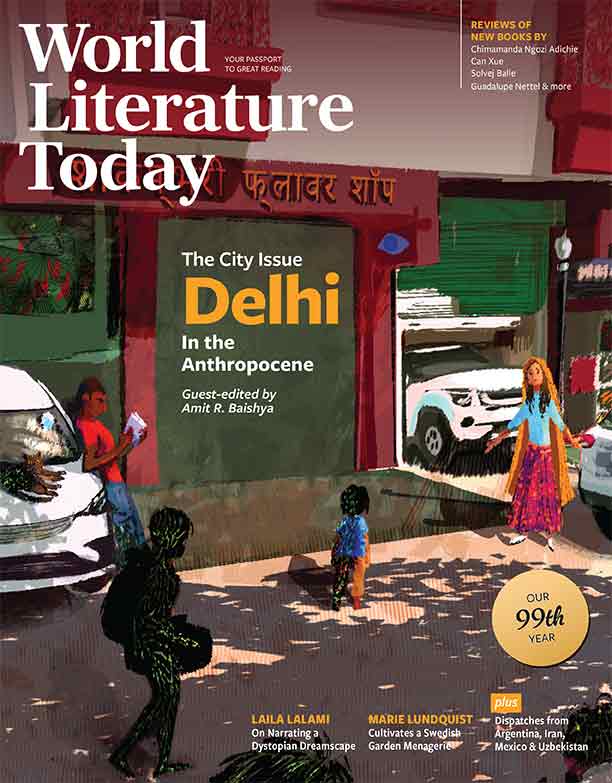New and Selected Poems by Glyn Maxwell

Medford, Massachusetts. Arrowsmith. 2024. 199 pages.
Glyn Maxwell’s New and Selected Poems brings together over three decades of committed creativity. Within its pages readers will find an array of inventive poetry cast in diverse forms well tuned to the intellectually sensitive and emotionally broad range of topics it explores. The book will not disappoint admirers of poetry, who look to it as an expression of what is essentially human, nor those interested in the technical dexterity by which poetic meaning is crafted. The collection moves easily between social and political observations, from portrayals of human darkness and brutality to tightly focused moments of intimacy grounded in an authenticity that never defers to any palliative for the hard and stubborn facts of existence.
In “The Sarajevo Zoo,” Maxwell eschews polemics and allows the events depicted to be the allegorical lens through which we view the consequences of war, enabling us to draw our own conclusions. The poem centers on a bear enclosure and the inhumane conditions in which the animals are kept due to a dearth of resources. Despite the zookeepers’ efforts to ensure their welfare, the strongest bear cannibalizes its weaker companions. When Serbian forces take over the Bosnian zoo, we are led to expect they are committed to euthanizing the afflicted animals. However, what we discover in the bear’s cage behind the extant vegetation is not the presumed bear, long since dead of starvation, but the cowering zookeepers. Shots ring out! The central image of animals driven to cannibalism eloquently portrays the fate of a society materially and morally impoverished by an expansionist regime premised on a policy of ethnic cleansing.
This sociopolitical concern is counterpoised by poems focused on intimate individual relationships or solitary reflective moments. In “A Winter Evening,” the solitary moment, heavy with existential import, is explored: “Night fell one afternoon, which had been slow / as herded animals, with their deep feelings.”
The coming of evening is metaphorical for the closing stage of the narrator’s life, a period of self-appraisal and summation. He proceeds to cite the “beliefs” that had come of those “deep feelings” and the “chitchat and diplomatic interim of evening” in which they are recalled. The reference to diplomacy reflects a cautious hesitancy in this evening interlude as uncertainties about the course of his life are intimated. The “respectful . . . smiles” with which he greets these beliefs are an ironic recognition that the complexities of life have proved less amenable with age than his younger self envisaged. He concludes:
. . . Respectful are the smiles
that greet them, but the tiniest of teaspoons
tips the sugar in, and for miles around
the dark is stationed.
There is a hint of lingering bitterness to this late recognition, which the reference to a sweetening agent symbolically offsets. Ideally, age should bring wisdom, and his reflective suspension of former certainties suggests an attained humility.
In the end, though, all he can do is await the inevitable culmination of his chosen course, a witness to something as immovable as the darkness “stationed” around him.
George Genovese
Melbourne
